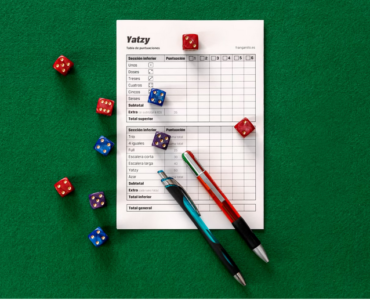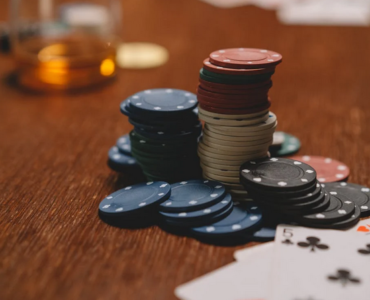Lotteries have been a source of excitement and hope for many, offering the tantalizing possibility of life-changing jackpots. But what often keeps players coming back isn’t just the dream of a big win. It’s those smaller, more frequent wins that create a cycle of reinforcement. In this article, we’ll explore why they are so enticing, and how they play a crucial role in keeping players engaged in the lottery game.
The Psychology of Reinforcement
At the heart of why small wins in lotteries keep players hooked lies a fundamental psychological principle known as reinforcement. The Lottery Defeated Reviews and Complaints bluntly explain this principle. Reinforcement is the process of encouraging a particular behavior through rewards. In the case of lotteries, these rewards come in the form of small winnings that players experience along their journey. When players win, even if it’s just a small amount, their brains release dopamine, a neurotransmitter associated with pleasure and reward. This rush of feel-good chemicals reinforces the behavior that led to the win, encouraging players to continue buying tickets. Over time, this can create a habit, as the thrill of winning even a small amount becomes a powerful motivator.
The Allure of Frequent Wins

One of the reasons why small wins are so effective at keeping players engaged is their frequency. Unlike major jackpots, which may only occur occasionally, smaller prizes can be won more regularly. This consistent reinforcement helps maintain excitement and engagement, creating a sense of anticipation for each draw. Many lottery games are designed to offer a variety of prize levels, from the smallest amounts to life-altering jackpots. Players are often more likely to experience these small wins, which can keep their spirits high and their interest piqued. The feeling of winning, even if it’s just a few dollars, reinforces the idea that playing is worthwhile.
Winning Mindset
Small wins can also create a mindset that fosters optimism and hope. Players who experience frequent victories may develop a belief that they are “lucky” or that their chances of winning a bigger prize are higher. This psychological phenomenon is known as the “illusion of control.” Even if the odds of winning a large jackpot are slim, players may feel that their consistent small wins give them some control over their outcomes. This sense of agency can be incredibly motivating and lead to increased lottery participation. The more players feel they can win, the more likely they are to keep trying.

The Role of Instant Gratification
In today’s fast-paced world, instant gratification has become an essential aspect of consumer behavior. People are often drawn to experiences that provide immediate rewards, and small wins in lotteries fit this bill perfectly. When players buy a ticket and win, even if it’s just a small amount, they receive an instant reward that can be immensely satisfying. This instant gratification can be addictive. The more players win, the more they want to play, as each small win reinforces their desire to continue seeking that immediate payoff. The psychological pleasure derived from these quick rewards can overshadow the less frequent, larger prizes, making players more likely to stick with the game.
The phenomenon of small wins in lotteries plays a crucial role in keeping players hooked. Through the principles of reinforcement, the allure of frequent wins, the development of a winning mindset, the appeal of instant gratification, and the influence of social connections, these small victories create a powerful cycle that encourages ongoing participation.




